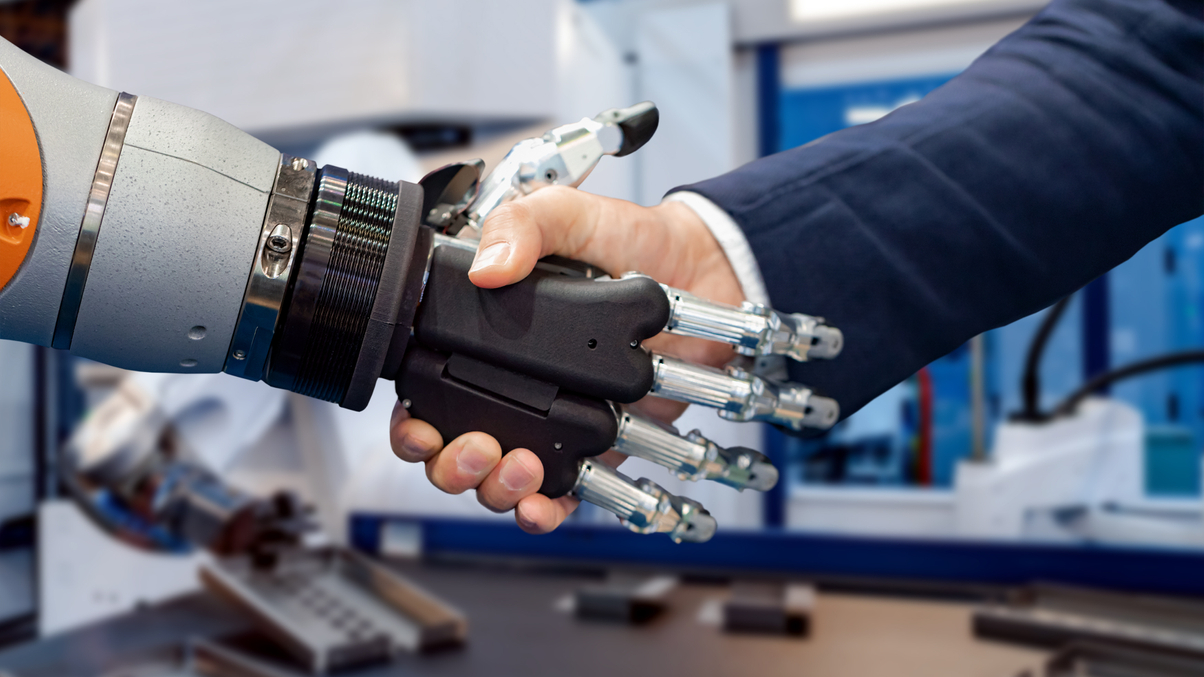Why the best investment advice also needs a human touch
Asia’s tech-savvy financial experts are world leaders in adopting fintech solutions but for superior investment advice, clients are looking for human intelligence, coupled with machine learning.

Fintech is changing the landscape of investment management. In 2017, global funding for the sector was estimated to be around $31 billion, a more than tenfold increase from $2.8 billion five years earlier, according to KPMG’s Pulse of Fintech report.
Sign in to read on!
Registered users get 2 free articles in 30 days.
Subscribers have full unlimited access to AsianInvestor
Not signed up? New users get 2 free articles per month, plus a 7-day unlimited free trial.
¬ Haymarket Media Limited. All rights reserved.


